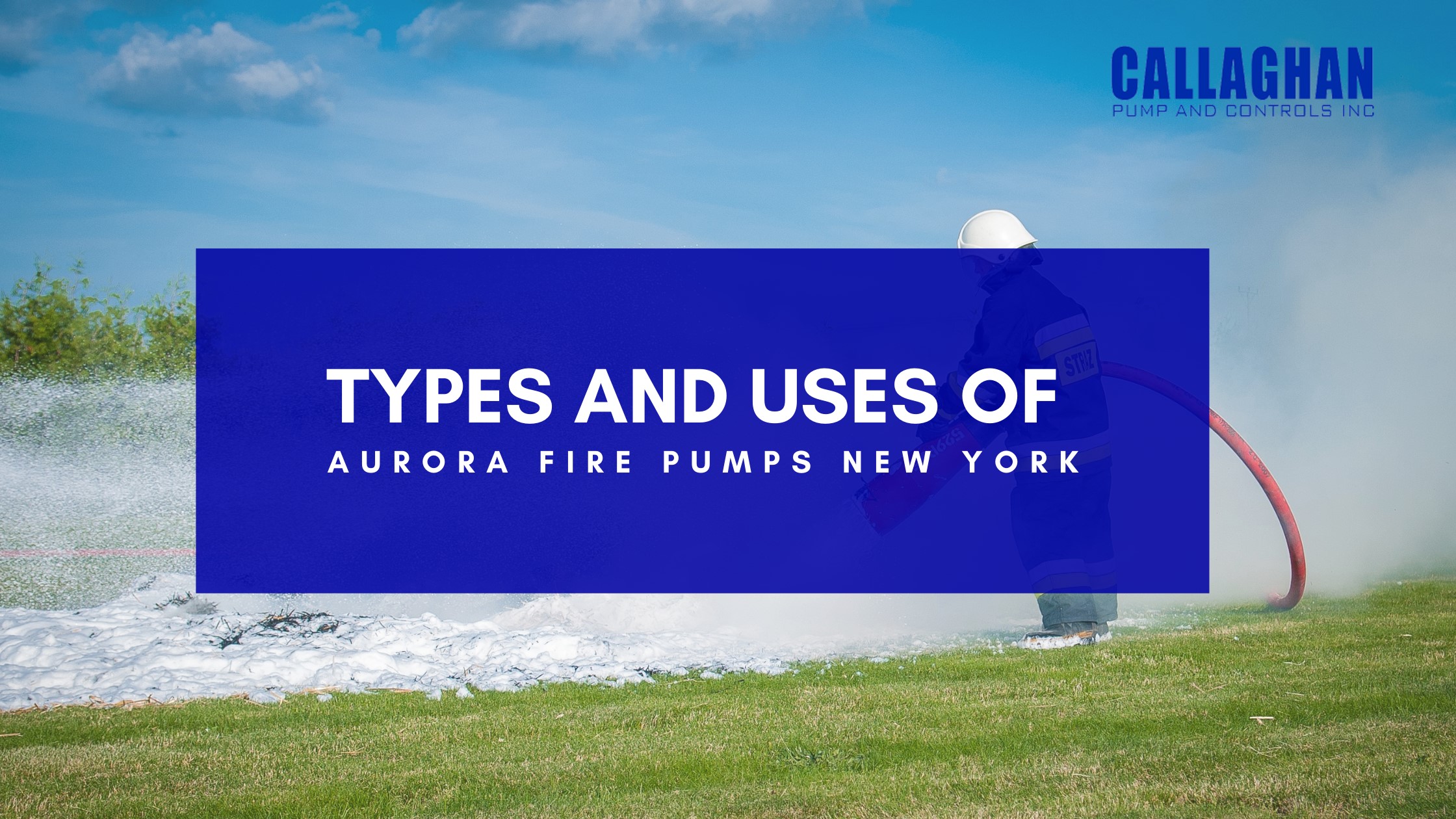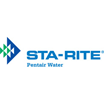
November 10th, 2021
At Callaghan Pump, we try and help you make informed decisions when it comes to fire protection. In this post, you are going to learn about two major types of fire pumps: horizontal split case pumps and end suction horizontal pumps. We are going to differentiate them to help you truly understand what each one has to offer. Let’s begin!
Horizontal split case fire pumps have a split design for the casing. Their cover is lifted off to expose internal components. These pumps include two bearings that are located on either side of the impeller. The bearings are used to withstand the vibration produced by the water turbulence in the suction piping.
Horizontal split case fire pumps can be used for water flows greater than 5,000 GPM and aren’t necessarily mounted horizontally. However, these pumps are not typically used for flows below 1,000 GPM because of concerns related to floor space. You can have the same features with a vertical mount as well. When you mount the pump horizontally, you are able to create a larger footprint.
In end suction pumps, the way the water enters the pump is different from horizontal split case pumps. The water enters one side of the impeller, where the suction pipe and motor of the pump are parallel to each other. This actually eliminates the concern about pump rotation. When it’s driven by a diesel engine, you would be able to situate the engine in parallel and near a wall. These pumps are cheaper than horizontal split cases and can be used for low flows.
Over to You
As a leading distributor of Aurora Fire Pumps in NY, we have a different perspective on the usefulness of a fire pumping system. Our fire pumping products are renowned for top-quality manufacturing and high performance that outlasts competitors. Why? It is because we carefully test our New York Fire Pump and strive hard to improve its functionality and life expectancies.
To book your Aurora Fire Pump in New York, contact us.
john@callaghanpump.com,
eileen@callaghanpump.com,
dan@callaghanpump.com,
sales@callaghanpump.com,
service@callaghanpump.com












